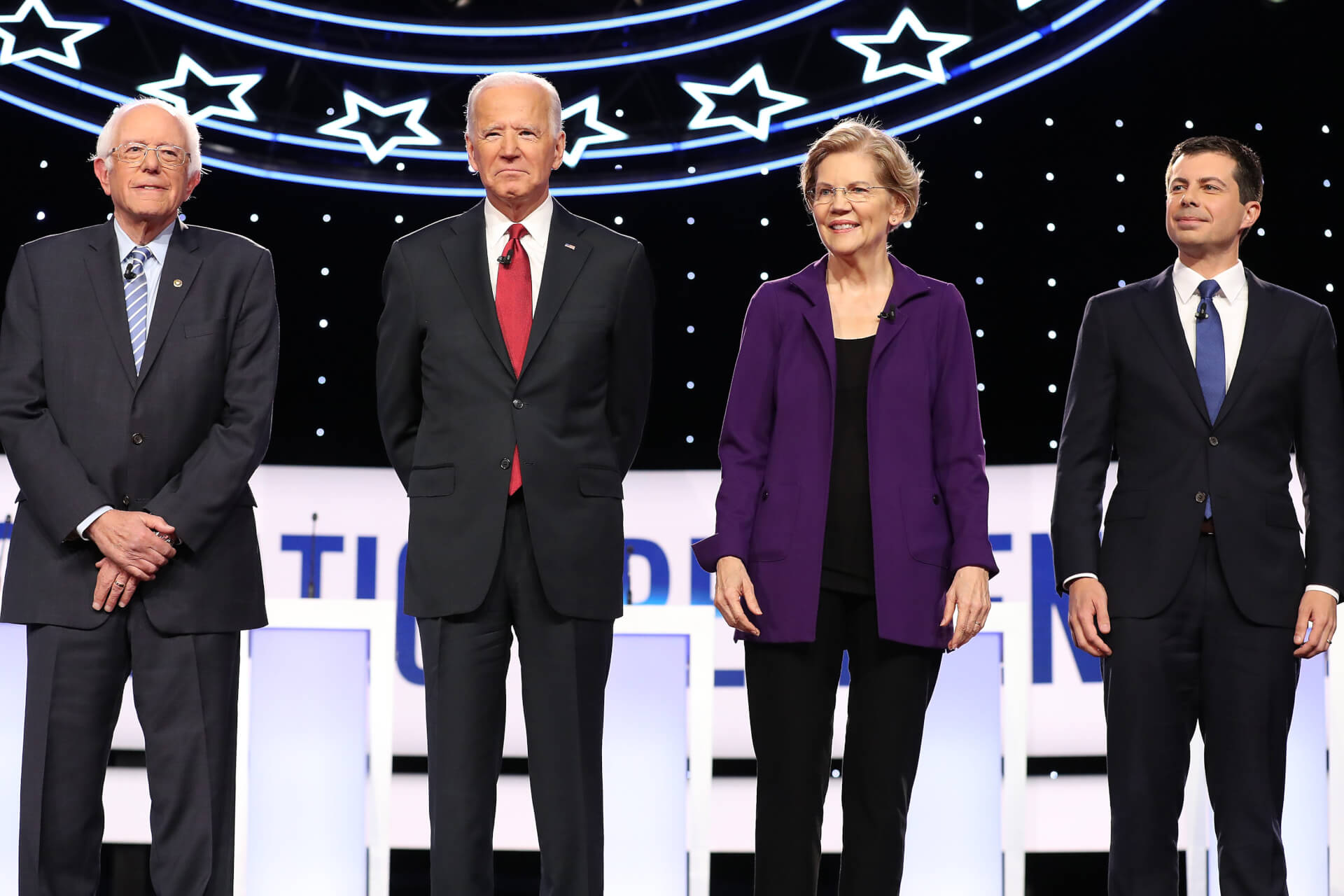At a campaign rally in June 2016, then Republican presidential candidate Donald Trump highlighted a contrived racial heterogeneity amongst his supporters by passionately gesturing towards a conveniently placed African American supporter. He infantilizingly exclaimed, “Look at my African American over here. Look at him. Are you the greatest?”
Since then, Trump has pointed to the appointment of Ben Carson as Secretary of Housing and Urban Development, the enduring support of artist Kanye West and ex-basketballer Dennis Rodman, and the presence of ‘Michael the Black Man’–and other African-American supporters conspicuously seated within camera-shot with their ‘BLACKS FOR TRUMP’ signs and ‘TRUMP & Republicans Are Not Racist!’ t-shirts–at multiple rallies as apparent proof of the non-discriminatory nature of his government. For good measure, he boldly claims that he is “least racist person anywhere in the world”.
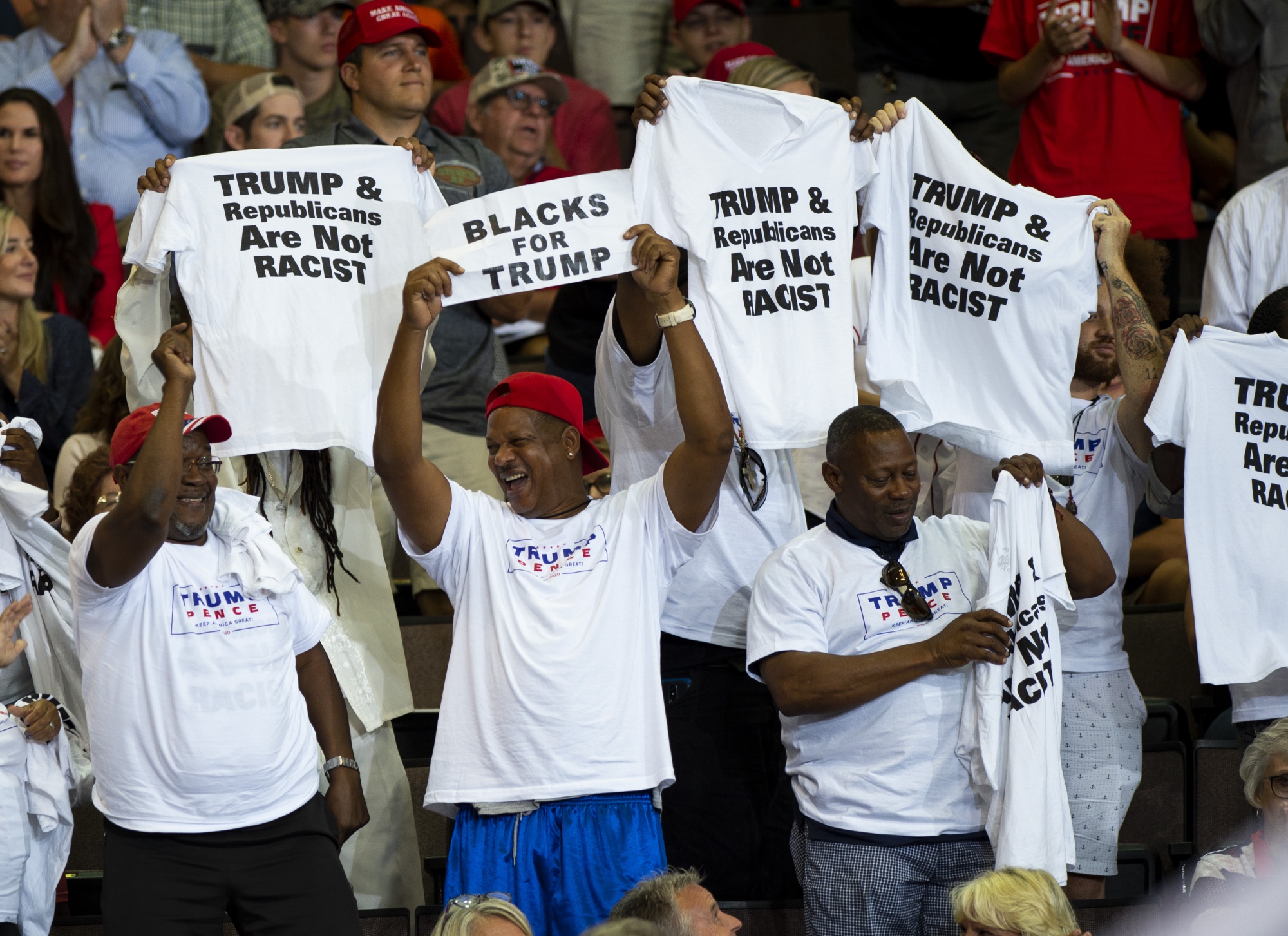
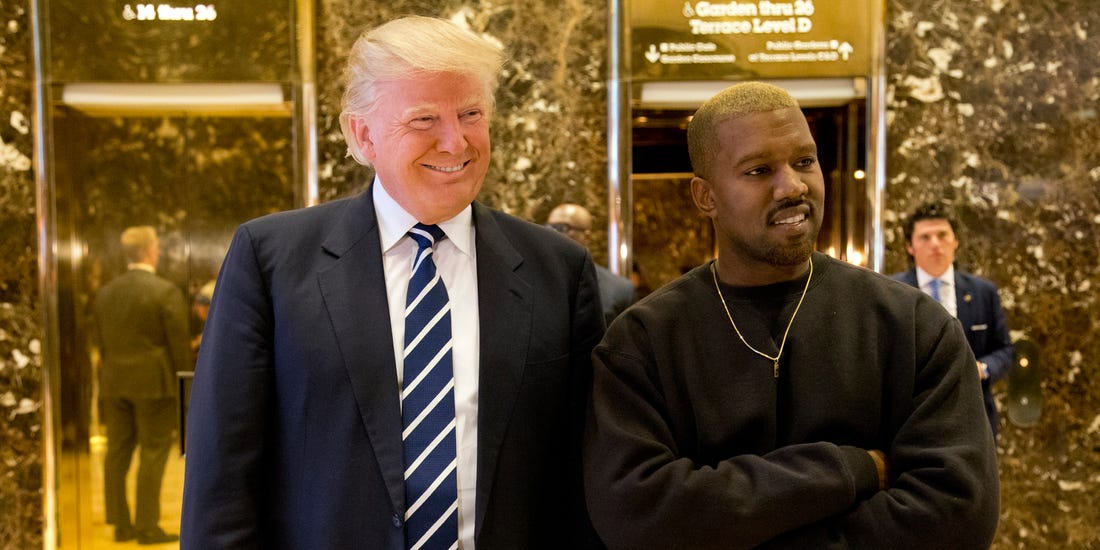
Yet, when faced with criticism, he concurrently tells female politicians of color to “go back” to their countries, and urges his loyal, White supporters to chant “Send her back! Send her back!” at his rallies. He repeatedly implores former President Barack Obama to release his birth certificate to prove that he was born in the United States (US). In response to clashes between anti-fascists and neo-nazis at the White supremacist “Unite the Right” rally in Charlottesville, he says there are “very fine people on both sides”. He complains about immigrants from “shithole countries” like Haiti, El Salvador, Honduras and Nigeria, saying “they all have AIDS” and that they should “go back to their huts”. And he pardons “great patriot[s]” like former Arizona sheriff Joe Arpaio, who the Department of State says is guilty of “extreme racial profiling and sadistic punishments that involved the torture, humiliation, and degradation of Latino inmates”.
While the Democratic presidential primary candidates do not spew racist, xenophobic, and sexist vitriol in that inimitable boorish Trumpian style, Trump is hardly unique in his guilt of perpetuating these forced narratives of equality.
For example, in early February, in the lead up to the Nevada caucuses, six women of color withdrew from Elizabeth Warren’s 70-person campaign team in the state, complaining of a “toxic work environment in which minorities felt tokenized”. One of the departing members said that they felt the need to “make [themselves] smaller or change” themselves in order to fit in with an overwhelmingly white staff. Another said that they felt like they were only there to lend diversity to the team, but that the unique “knowledge”, perspectives, and “voices” of people of color were “routinely silenced”. Their grievances, observations, and suggestions were “met with an earnest shake of the head and progressive buzzwords but not much else”.
The tokenistic approach of Warren’s campaign is hardly surprising given her history of registering as an “American Indian” on a registration card for the Texas state bar, and outlining her connection to the Cherokee and Delaware tribes during her 2012 Senate run despite not being an enrolled member in, and not having ancestral ties to, any tribe. In 2018, Warren released a DNA test that confirmed that she was merely between 1/32 and 1/1,024 Native American and that she might have had a Native American ancestor from between six and ten generations ago.
On February 07, 2020, Warren apologized for the toxic and dangerous power dynamics in her Nevada campaign team. Similarly, on February 25, 2020, after more than 200 Cherokee and other Native Americans signed a letter asking her to retract her previous claims of Native American ancestry, Warren submitted a 12-page apology confirming that she is a “white woman” and that she was “wrong to have identified as a Native American”.
However, given that she took at least eight years to apologize for intentionally misrepresenting her race to advance her career goals, one can’t help but wonder whether these apologies are sincere.
During Bernie Sanders’ 2016 campaign run, his Latino outreach strategist, Giuliana di Lauro, reported being sexually harassed by a campaign surrogate to Bill Velazquez, a manager on the Latino outreach team. Velazquez laughed off di Lauro’s complaint, saying, “I bet you would have liked it if he were younger.” Samantha Davis, the director of operations in Texas and New York during the 2016 campaign, also reported experiencing sexual harassment. Other women spoke of being asked to sleep in rooms with male co-workers in “makeshift living accommodations” while they were on the road. In addition, female staff members’ salaries were thousands of dollars less than their male counterparts. On average, female staffers earned $1,000 less, and all of the top 10 earners from Sanders’ 2016 campaign were men.
Jeff Weaver, Sanders’ 2016 campaign manager, admitted that the staff was “too male” and “too white”. Sanders has since tendered an apology to “any woman who felt she was not treated appropriately” during the 2016 campaign.
While 70% of Sanders’ national leadership team in his 2020 campaign are women, one must question whether this correction is a forced apology or a truly remorseful course correction and if the sexist undercurrents propelling the 2016 campaign still fester.
Current and former staff members of color within Pete Buttigieg’s campaign have said that senior officials don’t “listen to their concerns and ideas” and that they felt an “emotional weight” of being employed merely to meet “diversity targets”. Others say that they have felt disrespected by white colleagues. In addition, the campaign planned a fundraiser with a lawyer who assisted in suppressing the release of a video showing the Chicago police shooting a Black teenager. Despite warnings from staff members of color, the event was only canceled after senior staff members recognized the threat of the campaign being derailed due to public outcry.
Reports have also emerged of an African-American woman being asked to “move away” from her friends three times during a speech by Buttigieg in Indiana so that she would appear in the front row behind Buttigieg, along with five other curiously placed African-American women.
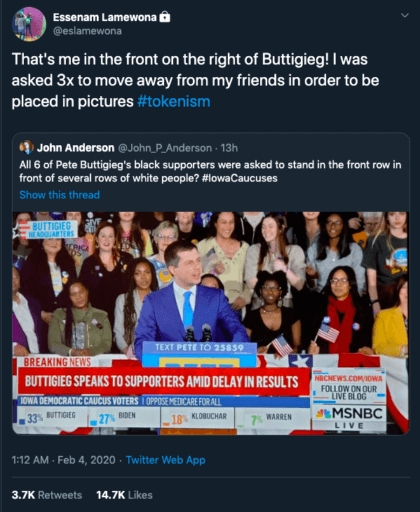
Joe Biden regularly calls upon his ‘bromance’ and working relationship with former President Barack Obama–under whom he served as Vice President for two terms–as proof of his ability and willingness to work with people of color. He frequently visits South Carolina, in which Black people make up roughly 27% of the population, hand-in-hand with African-American Congressman Jim Clyburn. He crassly boasts of his support from African-Americans as a notch on his belt, saying “I am leading everybody, combined, with Black voters,” and challenging reporters to “name [him] anybody who has remotely close to the support [he has] in the African-American community nationally”.
Biden says that much of this support is due to the fact that Black supporters “know him” and “know where [his] heart is”. Yet, he proudly and wistfully harkens to a bygone political era in which he worked ‘civilly’ with segregationist Senators like James O. Eastland–who owned a cotton plantation, viewed African-Americans as an “inferior race”, and said that racial integration would precipitate “mongrelization”–and Herman Talmadge, who worked tirelessly to stymie civil rights movements.
Unlike Warren and Sanders, Biden displays some Trumpian characteristics when faced with backlash. When African-American Senator Cory Booker demanded that Biden apologize for giddily celebrating his cordial relationship with racists, Biden doubled down and asked Booker to apologize to him, saying “there’s not a racist bone in my body”.
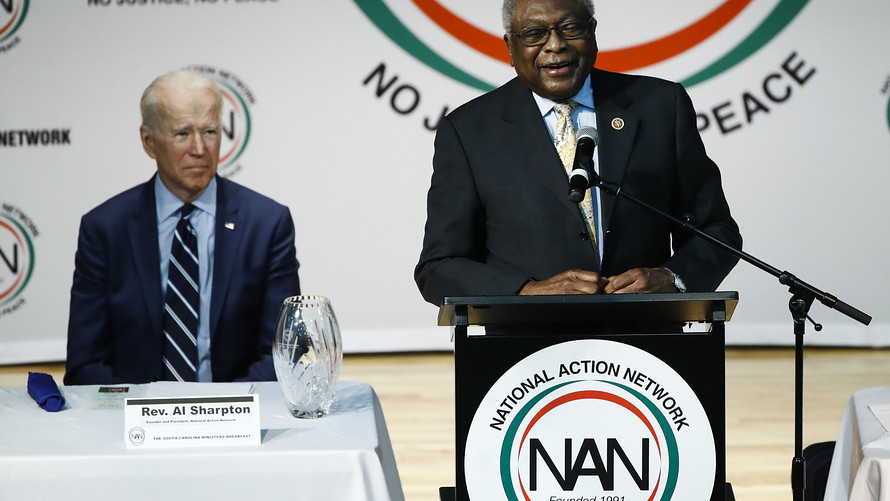
Therefore, it appears that support from women and people of color serve as symbolic milestones for Democratic Presidential primary candidates, who use their support and labor to forcefully project themselves as open, egalitarian, and ‘woke’. The culturally appropriative undertones of their campaigns are apparent in the fact that these groups are used for photo-ops and to meet diversity quotas, while their complaints, comments, and suggestions are routinely and systematically ignored.
It must be conceded that, generally speaking, irrespective of how many months or years it has taken them, the Democrats have gracefully apologized in a manner that seems beyond Trump. However, in an era where Democrats attempt to position themselves as a value-laden alternative to the churlish and exclusionary Trump-led Republicans, this is hardly surprising.
The Democrats’ apologies after significant missteps are welcome and their policies are sure to diverge significantly from Trump’s border wall, detention facilities, refugee policies, and Muslim bans. More importantly, even if it is for optics, their overall willingness to change course–seen in Warren and Sanders’ apologies–provides a glimmer of hope that disenfranchised communities’ voices can be heard.
The issue, however, is that voices from these marginalized communities are only heard once their throats are hoarse, with apologies from political candidates only coming in the face of widespread criticism, when the political costs become too great to continue along the same path.
Through sustained public pressure, one can use the current reactionary politicians as a vehicle to transform the existing paradigm and force future politicians to implement meaningful racial and gender diversity as proactive measures, rather than reactive.
Thus, it appears that people of color, women, and religious minorities must suffer the pangs of being tokenistic diversity hires and fodder for artificial racially-diverse photo-ops in order to move from having their faces seen to having their voices heard.
UPDATE: Pete Buttigieg dropped out of the Presidential race on March 02, 2020.

